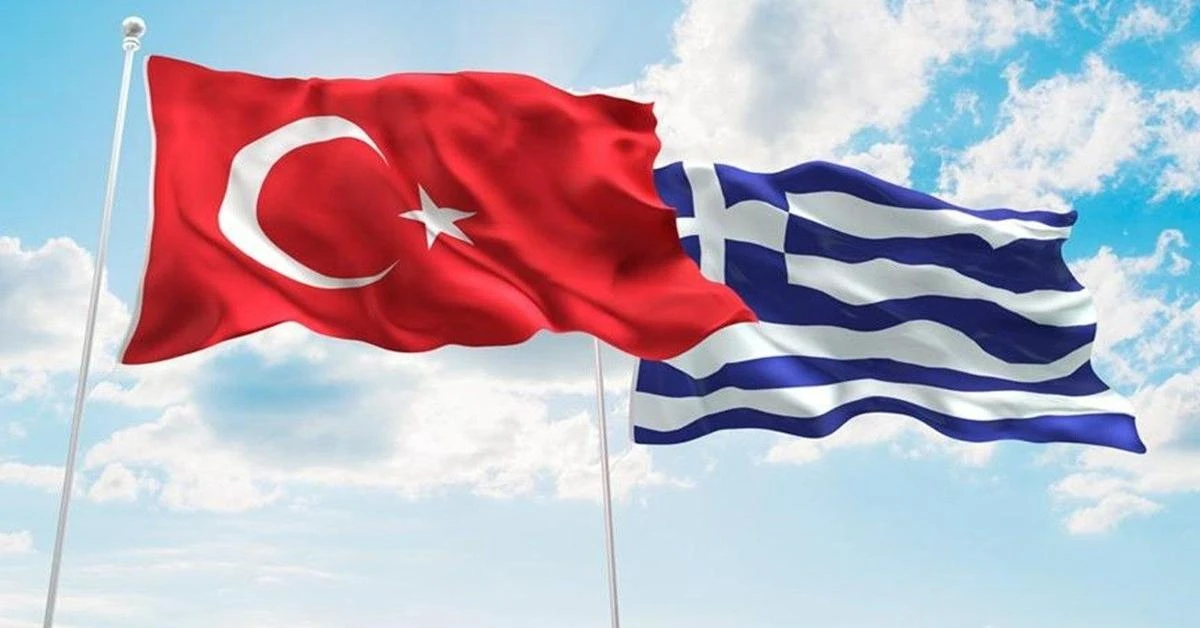Greece, Türkiye in fiery gastronomic battle over ‘Etli Ekmek’

Greece’s recent claim for ‘etli ekmek,’ traditionally a Turkish dish, sparks a new chapter in cultural and culinary contention between the two Mediterranean countries
In the latest chapter of the culinary feud between Türkiye and Greece, the traditional Turkish dish ‘etli ekmek’ is the center of a contentious debate.
Greek vendors have begun selling this meat-infused flatbread, sparking a significant backlash in Türkiye.
Reports from Turkish media outlets, such as Ihlas News Agency, reveal that regions such as Kastamonu, Konya and Sivas collectively oppose Greece’s claim.
Sivas stands out in this dispute, having secured a geographical indication for its version of etli ekmek in 2020, a move confirmed by the Ulas district’s administration.
In response to Greece’s assertions, a surge in etli ekmek orders has swept through Konya and Sivas, as the local bakers’ association noted.
This incident adds to the list of Turkish dishes, such as baklava, sarma, cacık, dolma, kebap, kokorec, and doner, previously claimed by Greece.
Although the European Union awarded Gaziantep baklava a geographical indication in 2013, the origins of other dishes continue to stir debate.
Ali Kara, a renowned etli ekmek chef from Sivas, has criticized Greece’s claim, stressing the dish’s strong cultural ties to Türkiye, especially in Sivas.
He invites Greeks to Türkiye to taste the authentic flavor of etli ekmek.
This culinary dispute also impacts the sphere of gastronomic tourism. The World Tourism Organization states that 88.2% of tourists regard food as a crucial part of their travel experience.
Thus, the debate over etli ekmek isn’t just about its origin; it’s also a struggle for dominance in the competitive world of gastronomic tourism.
At the heart of this controversy are the overlapping culinary traditions of Greece and Türkiye, shaped by their shared history and cultural exchanges.
While both countries strive to balance heritage respect and tourism promotion, this gastronomic tussle reflects the complex relationship between cultural identity and culinary legacy.
Source: Newsroom



